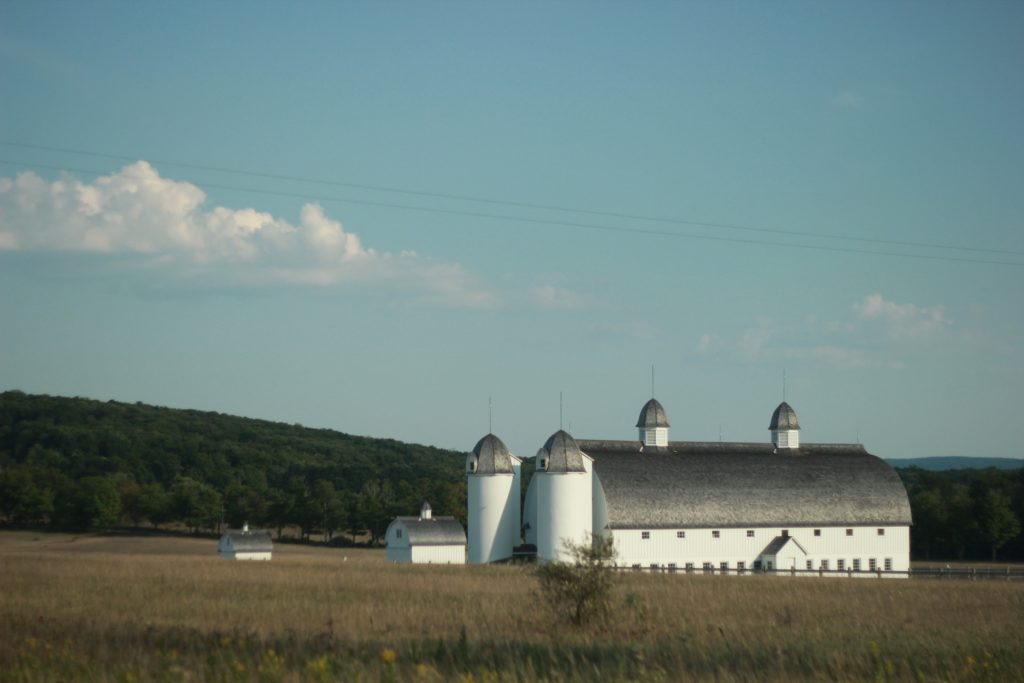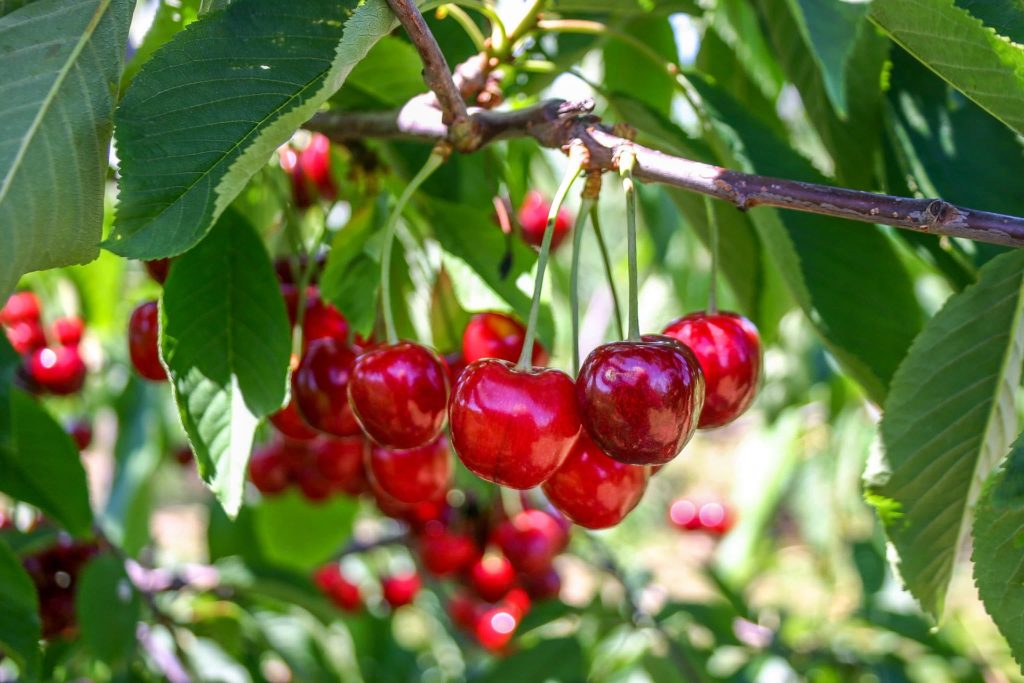How to start homesteading in Michigan

If you are looking to start a farm in the Great Lakes region of the country, Michigan is a good place to consider. It’s one of the most agriculturally diverse states in the nation and ranks third for the number of farmers’ markets it has statewide.
With coastline along four of the five Great Lakes — Lakes Michigan, Superior, Huron and Erie — Michigan benefits from a climate in which you can successfully grow everything from potatoes below the soil to tart cherries high above the ground.
Michigan is also a “right to farm state,” meaning farmers are protected from nuisance complaints from neighbors as long as the farm in question is following established state agricultural practices.
If this sounds like the kind of place you’d like to farm, here’s how to start homesteading in Michigan.
Buying farmland in Michigan
There were 47,000 farms in Michigan in 2017, according to the United States Department of Agriculture. The average size of the farms was 209 acres and the total farmed acreage in 2017 was 9.8 million. The average price for farm or homestead real estate, including land and buildings, in Michigan was $4,800 per acre in 2017, according to the USDA. The average cost per acre for cropland in 2017 was $4,450 and $2,550 for pasture.
Some Michigan municipalities have town-specific zoning ordinances that could impact what you want to raise on your homestead. Be sure to check with the local zoning official to make sure your crops or livestock are allowed.
Growing crops in Michigan
The average growing season in Michigan is 140 days and the state is in the USDA plant hardiness zones 4, 5 and 6. Plants including sweet corn, cabbage, beans, peppers, cucumbers, tomatoes, peas, pumpkins, squash, radishes, apples, cherries and strawberries do very well in Michigan. The state also has more than 3,000 acres of wine grape vineyards, with the majority of them raising grapes to produce Riesling wine.
Michigan’s farmers lead the nation in growing asparagus, black cranberries, cucumbers, tart cherries and Niagara grapes.
Raising animals in Michigan
In Michigan, good fences make good farm and livestock neighbors. All livestock must be enclosed in a secure, fenced-in pastures with adequate shelter for the animals or poultry.
The Michigan Department of Agriculture and Rural Development oversees the state’s Right to Farm program, which responds to nuisance complaints involving farms or livestock and will assess a farm operation at the farmer’s request. Department staff can evaluate the farm or homestead and determine if it is following Michigan General Accepted Agricultural and Management Practices. These practices give a great deal of local control to towns and municipalities to determine what agriculture and livestock operations are allowed or prohibited. Local communities can develop their own solutions and regulations based on what works best for them.
Selling food in Michigan
There are 253 farmers markets listed in Michigan by the state’s farmers market association in addition to farm markets and individual sellers of fruits and vegetables at roadside stands. These markets range from well-established operations in permanent structures to temporary sites using folding tables or truck tailgates.
Michigan operates under a “Cottage Food Laws” system. These are laws or regulations that allow small producers to use their in-home appliances and space prepare and sell under $25,000 worth of baked, cooked, canned, pickled, dried, candied foods without having to first obtain a state license. You need to maintain sales records and provide them to a Michigan Department of Agriculture & Rural Development food inspector, upon request.

The cottage food exemption only exempts you from the requirements of licensing and routine inspection by the Michigan Department of Agriculture and Rural Development. Contact your local municipality to determine if there are local regulations that will affect your business. You should also contact the state agriculture office to determine what additional regulations and licensing will apply if you exceed $25,000 in annual sales.
Michigan organizations for farmers
- Michigan State University Extension
- MichiganAgriculture
- Michigan’s Emerging Farmers
- Michigan Organic Food and Farm Alliance
- Michigan Food and Farming Systems
- Michigan Farmers Market Association
How difficult is it to start farming in Michigan?
With an attractive growing season that encourages the development and growth of a wide variety of fruits, vegetables, grain and livestock, Michigan could be a good choice for a diversified family farm or homestead. Zoning regulations and ordinances covering agriculture could appear a bit confusing as they differ across the state, but the staff with the Michigan Department of Agriculture and Rural Development can help get you started navigating those rules.
